Concerns Arise Over Ownership of Affordable Housing Project
The question remains as to who will own the housing project unit following the government's mention that the unit's title deeds will remain in their possession. How legally right is this?
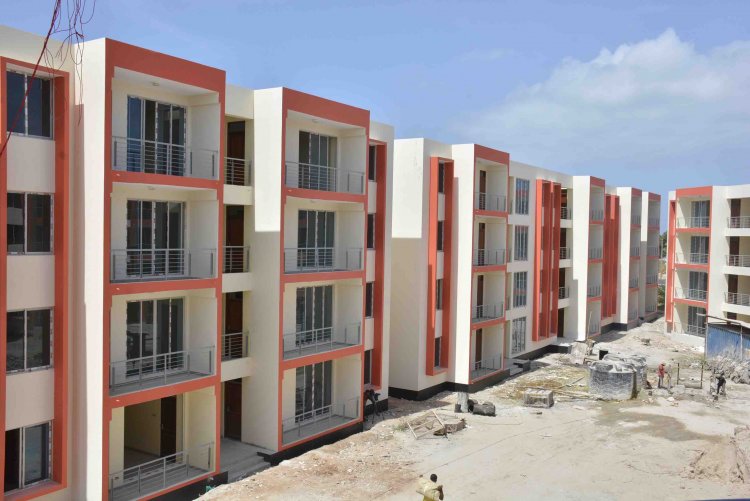
Most Kenyan citizens who are eyeing the affordable housing projects being put up by the government are now skeptical as the issue of who is to possess the title deeds of the houses arises.
Is it the government or the buyer? Isn’t this like saving in a bank yet to close down due to insolvency? Most citizens want this project done pragmatically to avoid future impasse by becoming the full owners of the housing units with title deeds indicating their names.
With the utterances of Housing Permanent Secretary, PS, Charles Hinga, promulgating that the government is going to retain the original title deed but still give a slight section to the private developers, it remains a puzzle to the citizens going to buy the housing units. Despite the land’s act stating that an individual can still own the land jointly henceforth, two or three nouns can still appear on the title deed. Which is very true, but are the housing units going to be owned jointly?
The law of real property, which relies on Section 91 of the Land Registration Act 2012, implies fairness in the possession of the property when owned jointly, and if one of them is deceased, the remaining property is to be equally owned by the remaining partner(s). In this project of affordable housing units, the government, the private developer, and the buyer ought to become the owners of housing units.
Here, the government is the monopolist and controller of everything as to why, in case the private developer and the buyer die, then immediately the government is to become the owner of the property, which is something the buyer does not agree with. The government will never die for the private developer and the buyer to become owners, but instead, its predecessors will continue with the same.
The buyer wants his next of kin to be his family, but neither the government nor the private developer are to be. In this case, payers are being deducted 3 percent of their salary for the housing levy, despite the court promulgating the law as unconstitutional. What now happens when a citizen dies in the process, yet he or she has been paying the 3 percent for the housing levy? The government and the private developer automatically become the beneficiaries, as the bereaved family is not aware of what is going on. This is what is making most citizens horrified to invest in this project because of its unclearness.
The housing PS, together with the government, has to come together into the conundrum and solve it amicably to attract private developers and the buyers (citizens) of the housing units in progress. The reason is that the ramifications associated with it in the future are horrifying to the developers and buyers due to a lack of public awareness.
The initiation was done without the awareness of the citizens, and as a result, more worries are felt as to why citizens are already being deducted the 3 percent of the housing levy yet they have not had any written consent from the government. Therefore, the difficult question remains how the family of the payer is going to benefit in case he or she dies, yet the government is accepted to own the property according to Section 91 of the Land Act 2012.
If you have a real estate press release or any other information that you would like featured on the African Real Estate Blog Post, do reach out to us via email at [email protected]











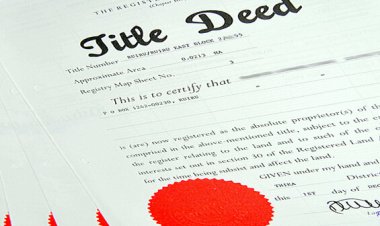



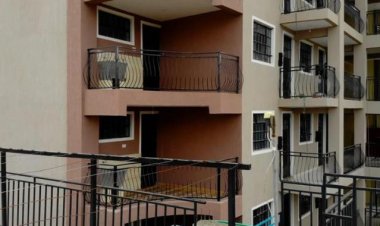










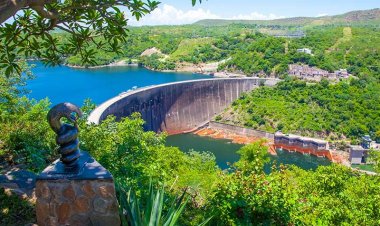



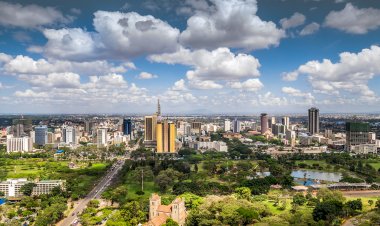

![4 Indigenous Tribes Living in Huts in East Africa [PHOTOS]](https://realestateblogpost.com/uploads/images/2023/06/image_380x226_6482dd8b5c94a.jpg)


